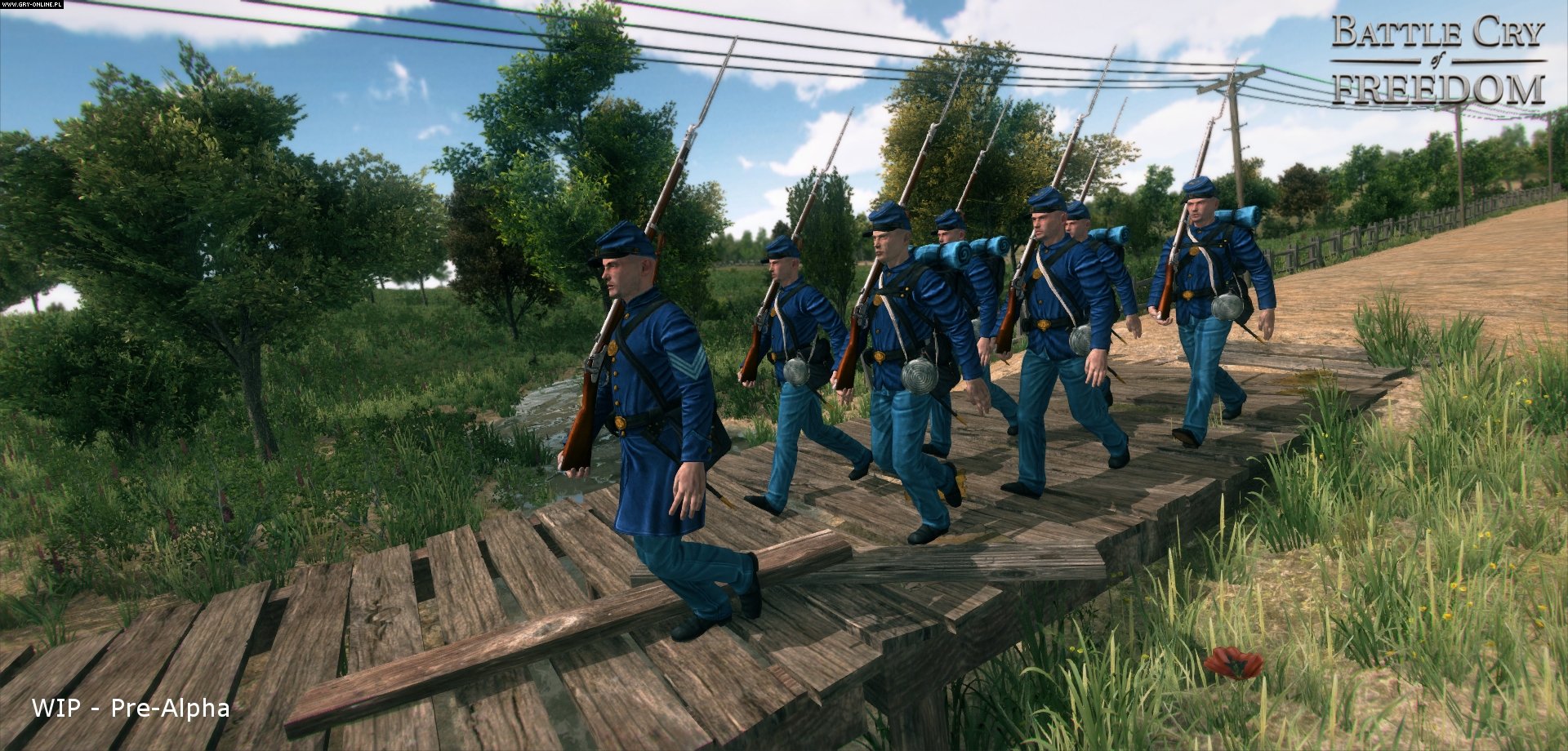
But everything changed in 2014 when her 22-year-old son Vlad was killed while fighting for Ukrainian government forces in the Donbas region. She has always been drawn to the difficult task of helping disenfranchised communities and her career in social work brought her into the orbit of prisoners and HIV-positive people. “I lived with this question for years: Could he not have ended his life? I concluded that regardless of how bad our life situations are, there must surely always be a solution,” she says.

She was sexually assaulted at the age of five, and at 12 her father took his own life. “I have a lot of trauma myself,” she says. Maryna has twin motivations for pursuing this sort of work: her own past and the desire to deliver much-needed counselling to those who suffered through Ukraine’s conflict-ridden recent history. ‘Mothers want to talk about their children’ She says she has spoken to many women who feel resentful that they have had to play the roles of both mother and father to their children, while their husbands are away at war. There’s often conflict within families when men come home from war feeling like heroes but forget that they have other responsibilities to look after at home.” She describes these women as suffering from secondary PTSD, a form of distress that results from sharing in the aftermath of another person’s trauma. “I hear a lot about the number of divorces going up after 2014. “Most of the people who come to me now are women who have family in the military,” she says. It is the middle of the day, and she speaks to Al Jazeera after typing up some patient case notes.įrom the beginning of the Russian invasion on February 24, she has been offering several counselling sessions a day and has about 30 patients in total. Stuck to her keyboard is a note to call one of her patients, and a little plant grows out of a humanoid-shaped pot by her computer. Maryna’s room is much the same: Her work desk is tidy, with a small pile of books and a diary where she records her appointments. In the main reception area, Ukrainian flags and notes from patients lend a burst of colour to the space.
Youtube battle cry of freedom windows#
Its interiors resemble a medical clinic, with its pristine white walls and doors lit up by the sun streaming in from the windows facing the street. The centre has been open for the last seven years. The easiest way for them to let it all out is by drinking or abusing drugs.” “There’s a sense that they’ve seen things that most people haven’t, and that it earns them the right to be aggressive. “They’re living in tension and are hearing explosions constantly, so it’s difficult for them to get used to life without the euphoria of survival,” says Maryna, a woman with a piercing gaze and a solemn expression who has a commanding air about her. But since the full-scale Russian invasion of Ukraine began in February, her workload has increased.

She is used to seeing soldiers who have served in the Donbas region of eastern Ukraine, where government forces have been battling Russian-backed separatists since 2014.

Youtube battle cry of freedom free#
Maryna is a psychologist at the Lviv Centre for the Provision of Services to Combatants in western Ukraine, which offers free legal, psychological and social support to soldiers and their families.

More than 50 percent of them have addiction issues and often show uncontrollable aggression,” says the 51-year-old. Lviv, Ukraine – Maryna Manyevska has become skilled at identifying patients who, after having fought on the front line in Ukraine over the last eight years, are suffering from post-traumatic stress disorder (PTSD).


 0 kommentar(er)
0 kommentar(er)
